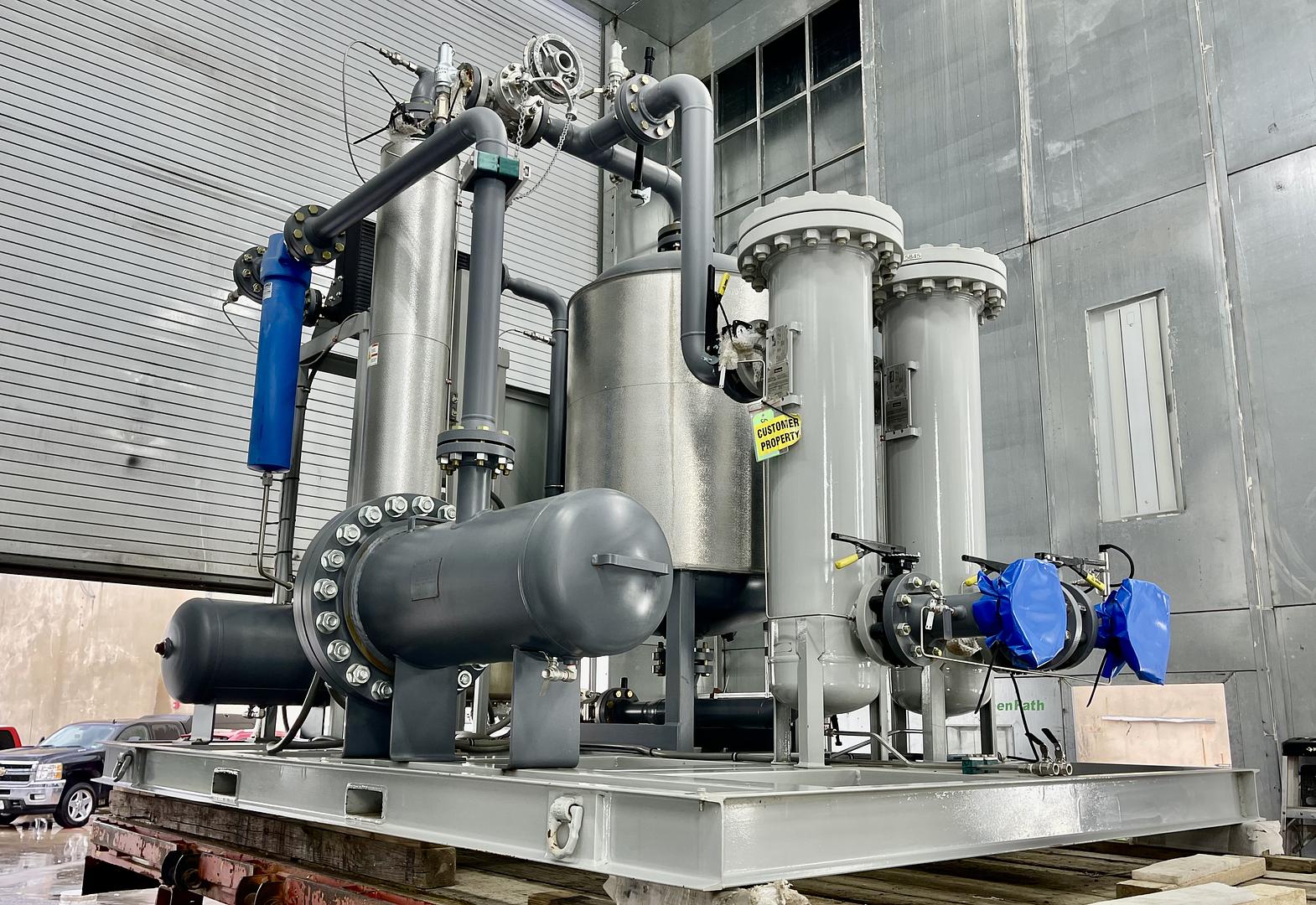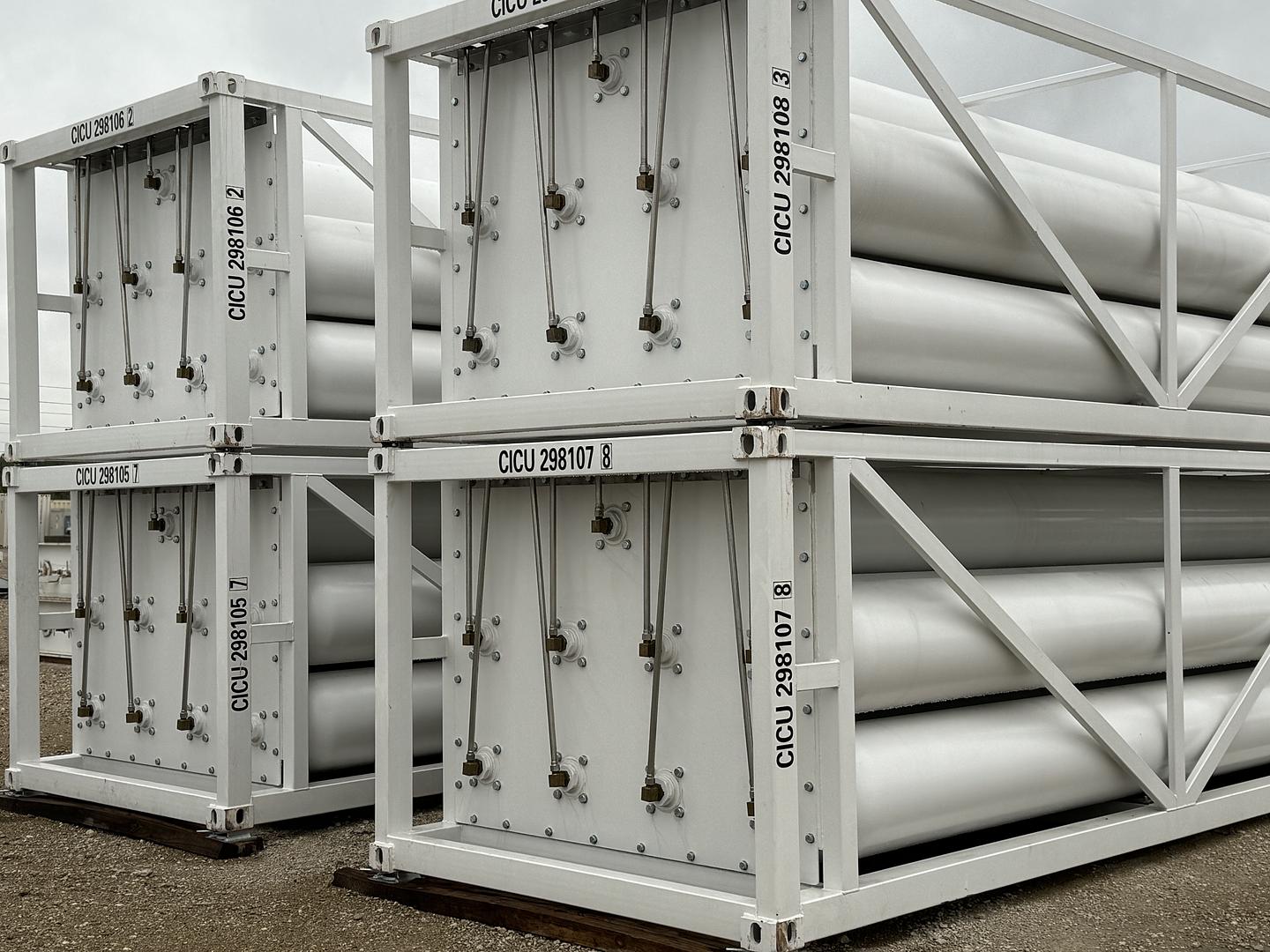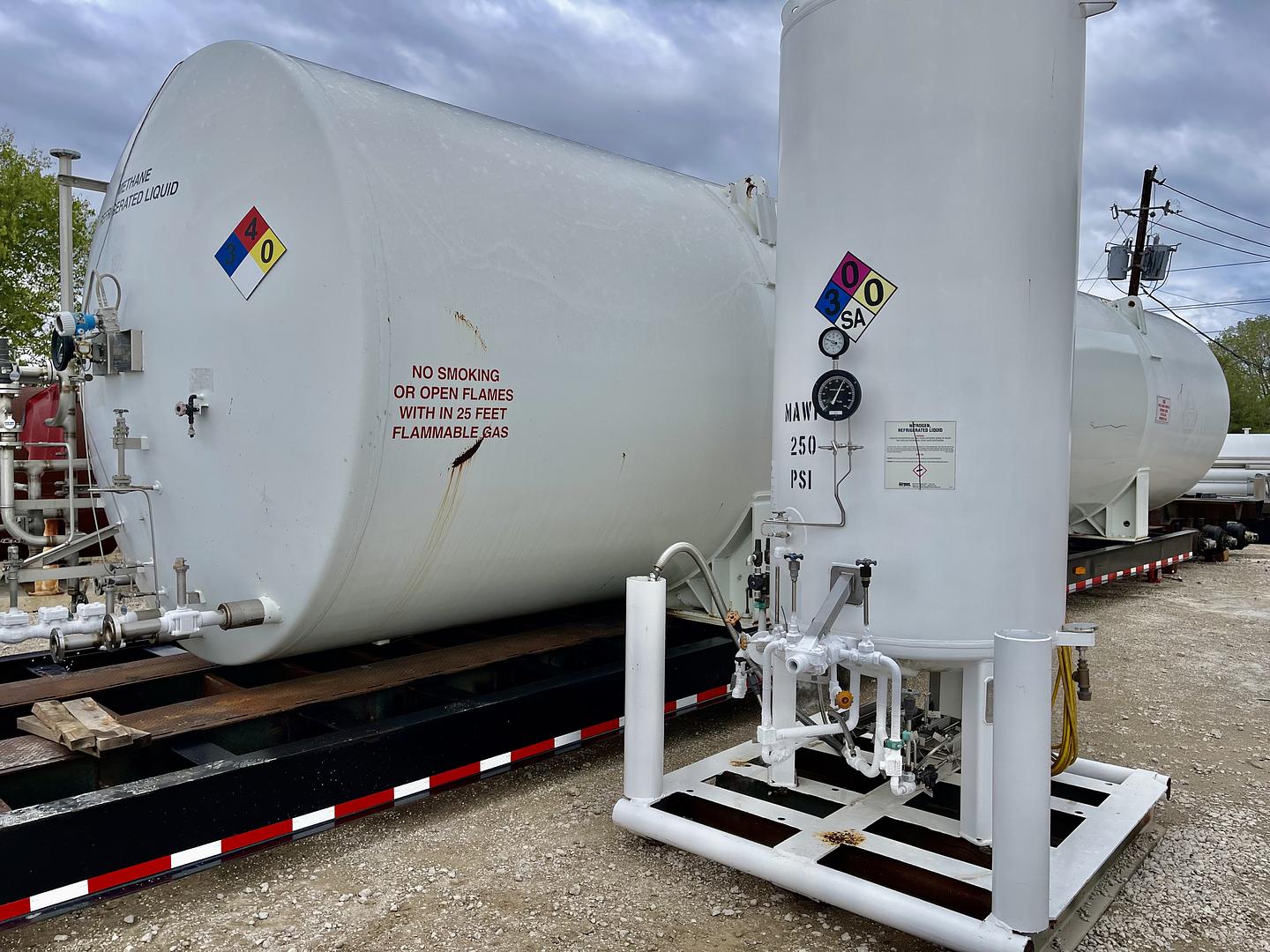PURCHASING VS LEASING
We help many of Gas Equipment buyers to view equipment finance and leasing as a strategic tool for their business. Beyond simply maximizing capital utilization, leasing initiatives can assist in liability management and enhance financial governance. For instance, equipment finance deals can release additional liquidity from alternative sources like revolving credit arrangements, enabling advantageous acquisitions. Conversely, funds generated from such transactions could retire high-interest debt or repurchase shares, offering flexibility in financial structuring. Moreover, a proactive approach to equipment finance can expand a company's funding channels, enhancing its appeal in the market and diversifying its financial base. Determining whether to purchase or lease equipment depends on various factors, including financial considerations, business needs, and strategic goals. Here's a summary of when a company might consider each option:
Equipment Purchase:
- Long-term Need: If the equipment will be used for an extended period, purchasing might be more cost-effective in the long run.
- Financial Stability: Companies with stable finances and access to capital may prefer purchasing to avoid long-term leasing costs.
- Customization: If the equipment needs to be customized or tailored to specific business processes, purchasing allows for greater flexibility.
- Tax Benefits: Purchases may offer tax advantages such as depreciation deductions or Section 179 deductions.
- Asset Ownership: Buying equipment means the company owns the asset outright, providing potential resale value or asset collateral.
Equipment Lease:
- Short-term Need: For equipment needed temporarily or for a specific project, leasing may be more economical than purchasing.
- Cash Flow Conservation: Leasing requires lower upfront costs and preserves cash flow for other business needs.
- Technological Advancements: Leasing allows for easy upgrades to newer equipment, avoiding obsolescence concerns.
- Maintenance and Support: Leasing often includes maintenance and support services, reducing operational hassles and costs.
- Flexibility: Leases offer flexibility in terms of equipment size, type, and terms, allowing companies to adapt to changing needs without long-term commitments.
Ultimately, companies should assess their financial situation, usage requirements, and future to determine whether purchasing or leasing equipment aligns best with their objectives. Gas Equipment 4 Sale works with several finance and banking partners who can help in making informed decisions.



